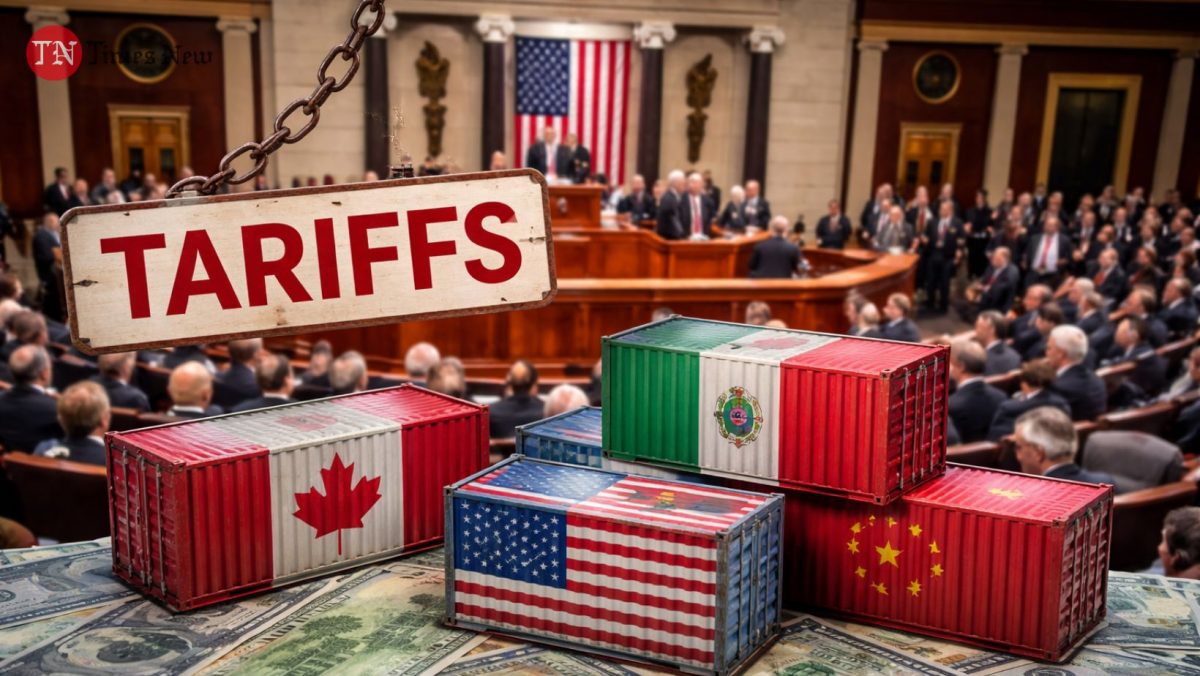
A U.S. magistrate judge has found evidence of significant misconduct in the federal prosecution of former FBI Director James Comey, raising fresh concerns about political influence in the Justice Department under President Donald Trump. Magistrate Judge William Fitzpatrick ruled that prosecutor Lindsey Halligan — a Trump appointee with no prior criminal prosecution experience — may have committed major legal errors while presenting evidence to the grand jury that ultimately charged Comey. Citing a “disturbing pattern of profound investigative missteps,” Fitzpatrick ordered that grand jury materials be handed over to Comey’s defense, calling it an “extraordinary remedy” warranted by the “unique circumstances” of the case.
The ruling comes amid mounting scrutiny over a wave of criminal cases against prominent critics of Trump, including former National Security Adviser John Bolton and New York Attorney General Letitia James. Comey, who has pleaded not guilty to charges of making false statements and obstructing a congressional investigation, argues the case stems from Trump’s “personal spite” for his public criticism and his leadership of the inquiry into the Trump campaign’s 2016 ties to Russia. Fitzpatrick detailed several investigative lapses, including prosecutors revisiting previously seized evidence without a new warrant and allowing an FBI agent potentially exposed to privileged material to testify before the grand jury.
Following the decision, prosecutors sought to pause the order, arguing the judge may have misinterpreted certain facts. Later on Monday, the trial judge, U.S. District Judge Michael Nachmanoff, temporarily halted the ruling while he reviews it. Despite grand jury secrecy rules, Fitzpatrick maintained that full disclosure to the defense is necessary to ensure Comey’s rights are protected, especially given indications that government misconduct may have tainted the proceedings.
Pic Courtesy: google/ images are subject to copyright









